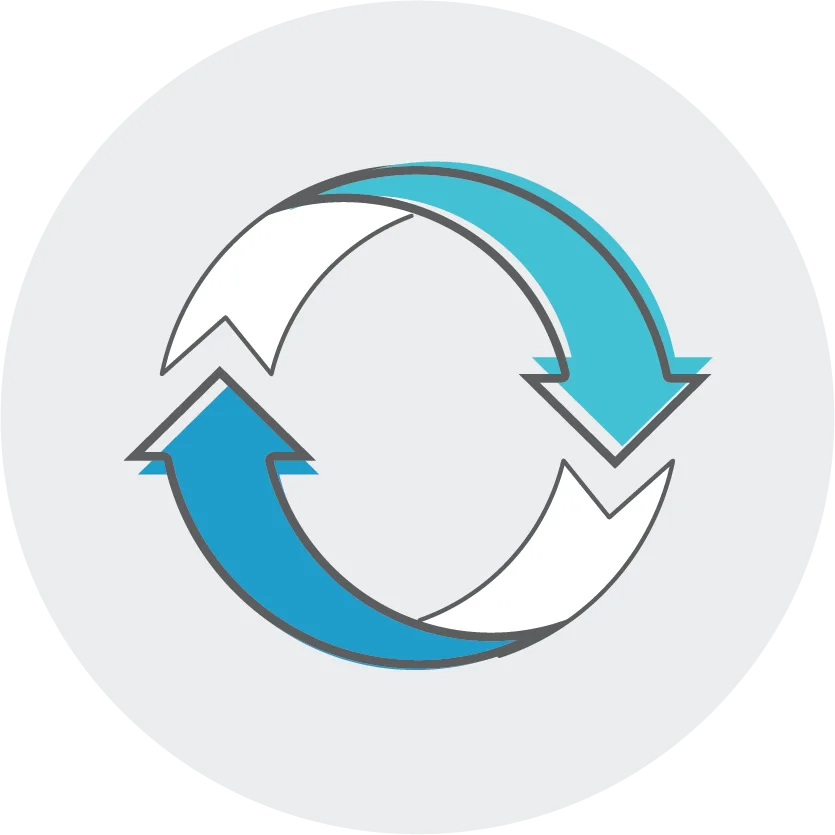Choosing the right mortgage term is a crucial step in homeownership. While the 30-year fixed-rate mortgage is the most common, the 15-year mortgage offers unique advantages that may better align with your financial goals. Understanding the key differences between these options can help you make the best decision for your budget and long-term plans.
Frequently Asked Questions
What Are the Benefits of a 15-Year Mortgage?
A 15-year fixed-rate mortgage is a great option for homebuyers who can afford higher monthly payments and want to pay off their home loan sooner. The biggest advantages include:
- Faster Loan Payoff: Pay off your mortgage in half the time compared to a 30-year loan.
- Lower Interest Payments: Less interest accrues over time, resulting in significant savings.
- Faster Home Equity Growth: Higher payments mean you build equity quicker.
- Lower Interest Rates: Shorter-term loans often come with lower rates, as lenders take on less risk.
- Easier Refinancing: A lower loan-to-value (LTV) ratio can make refinancing easier in the future.
- Greater Financial Freedom: Owning your home outright sooner gives you flexibility for other financial goals.
What Are the Pros and Cons of a 30-Year Mortgage?
A 30-year fixed-rate mortgage is the most popular option among homebuyers, primarily due to its lower monthly payments. However, it may not always be the best financial choice in the long run.
Pros of a 30-Year Mortgage
- Lower Monthly Payments: More manageable payments free up cash for other expenses.
- Flexibility for Extra Payments: You can pay off your loan early if there are no prepayment penalties.
- Easier Qualification: Homebuyers typically qualify for a higher loan amount.
- More Cash on Hand: Lower payments allow for savings, investments, or emergency funds.
Cons of a 30-Year Mortgage
- Higher Interest Costs: You’ll pay significantly more interest over the life of the loan.
- Higher Interest Rates: Longer-term loans often have slightly higher rates.
- Slower Home Equity Growth: A smaller portion of your payment goes toward the principal in the early years.
- Potential for Over-Borrowing: The lower payment may lead to purchasing a home beyond your means.
- Delayed Financial Freedom: It takes longer to own your home outright compared to a 15-year mortgage.
How Do Conventional and FHA Mortgages Compare for 15- and 30-Year Terms?
Both conventional and FHA loans are available in 15- and 30-year terms, but they have different qualification requirements.
FHA Loans
- Government-backed by the Federal Housing Administration.
- Lower credit score requirements (typically starting in the high 500s).
- Lower down payment options (as low as 3.5%).
- Strict property requirements (must be a primary residence).
Conventional Loans
- Not backed by the government, meaning lenders set their own requirements.
- Higher credit score needed (typically in the high 600s or above).
- More flexible down payment options, though PMI may be required if putting down less than 20%.
- Can be used for investment or vacation properties.
How Do You Decide Between a 15-Year and a 30-Year Mortgage?
The right mortgage term depends on your financial situation, homeownership goals, and future plans. Consider the following:
- How long do you plan to stay in the home? If it’s a long-term purchase, a 15-year loan may be beneficial.
- What is your monthly budget? Can you comfortably afford the higher payments of a 15-year mortgage?
- How much cash do you have for a down payment and closing costs?
- Are you comfortable with higher monthly payments for long-term savings?
- Do you plan to refinance later? A 15-year loan may offer better options down the road.
A 15-year mortgage is ideal for homebuyers with strong financial stability who want to pay off their loan quickly and save on interest. A 30-year mortgage is a better fit for those who need lower monthly payments and want greater financial flexibility in the short term.
Need Help Choosing the Right Mortgage?
Understanding your mortgage options is key to making a smart financial decision. Whether you’re considering a 15-year or 30-year loan, speaking with an experienced mortgage lender can help you find the best option for your needs. Contact Mutual of Omaha Mortgage today to explore your loan options and take the next step toward homeownership.











